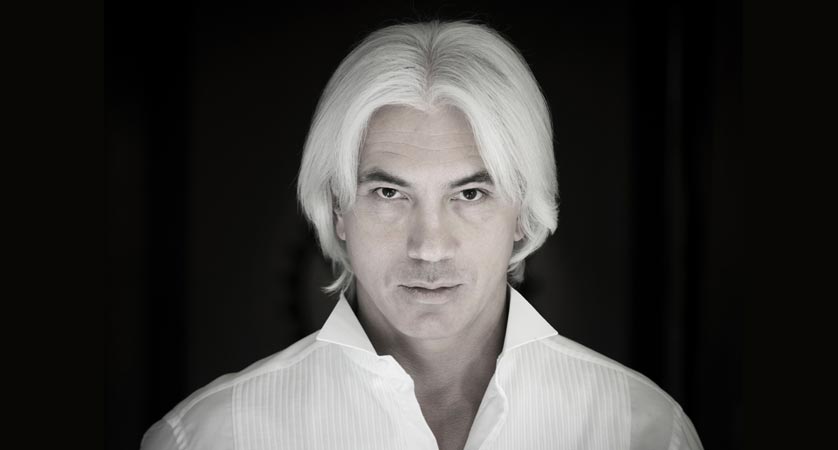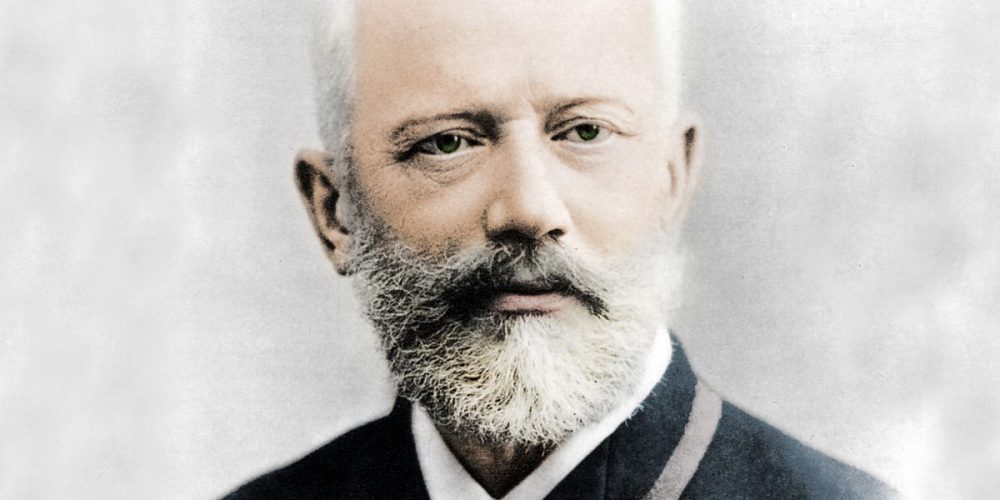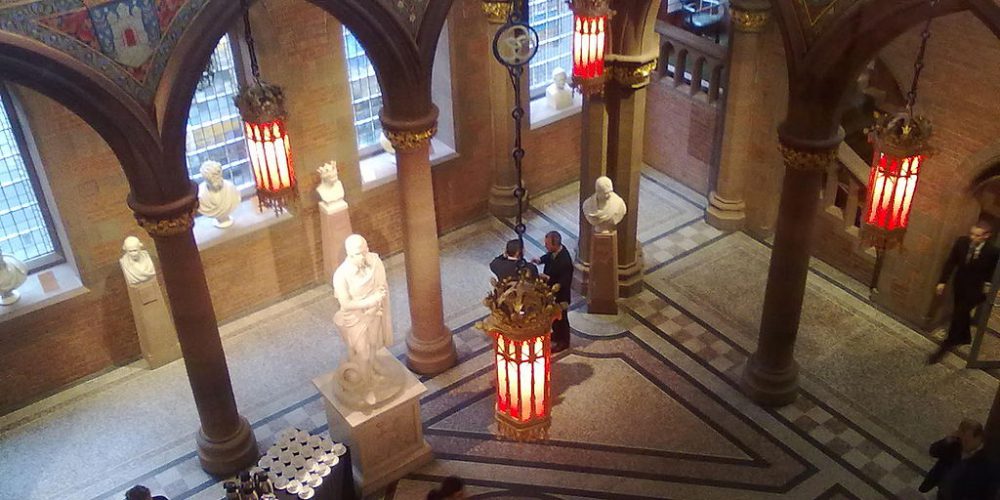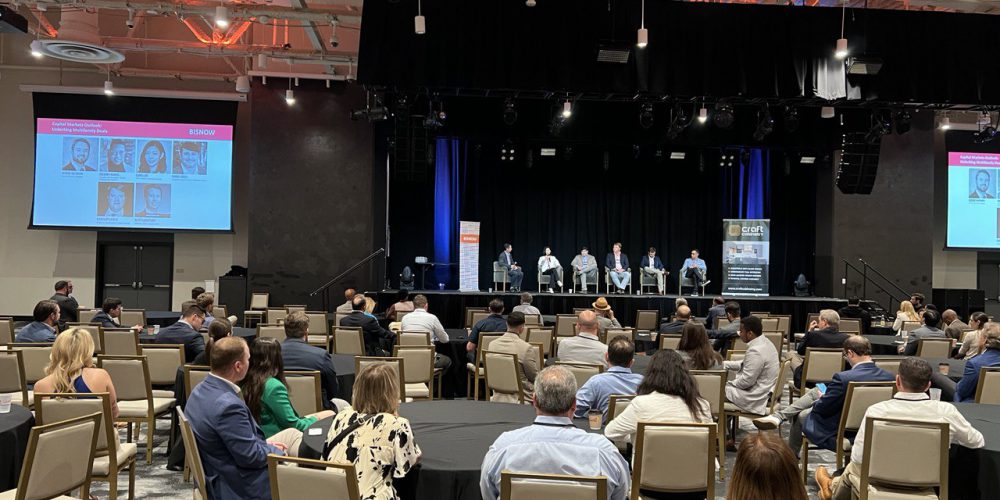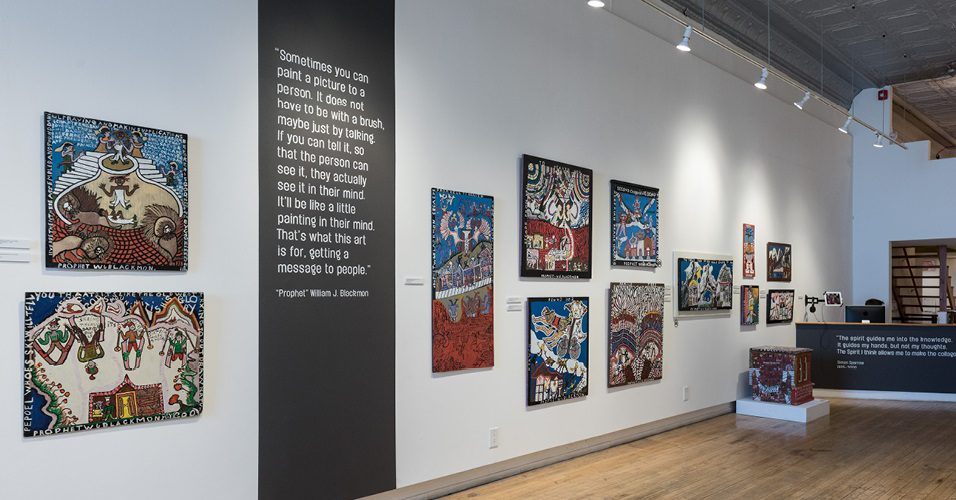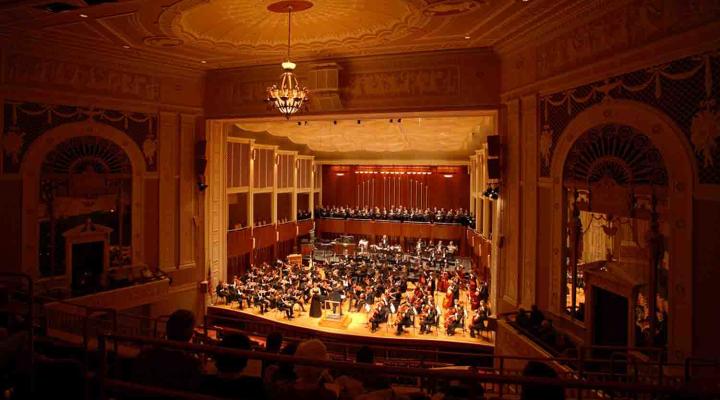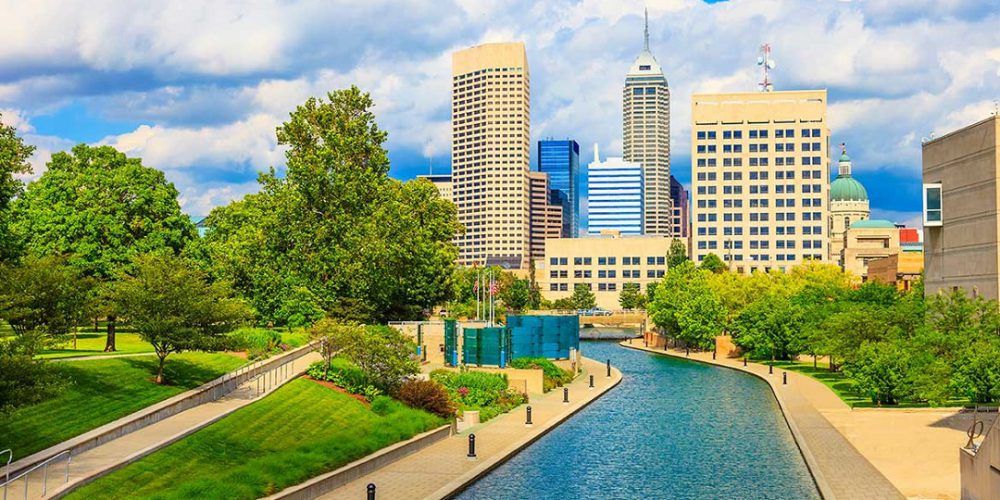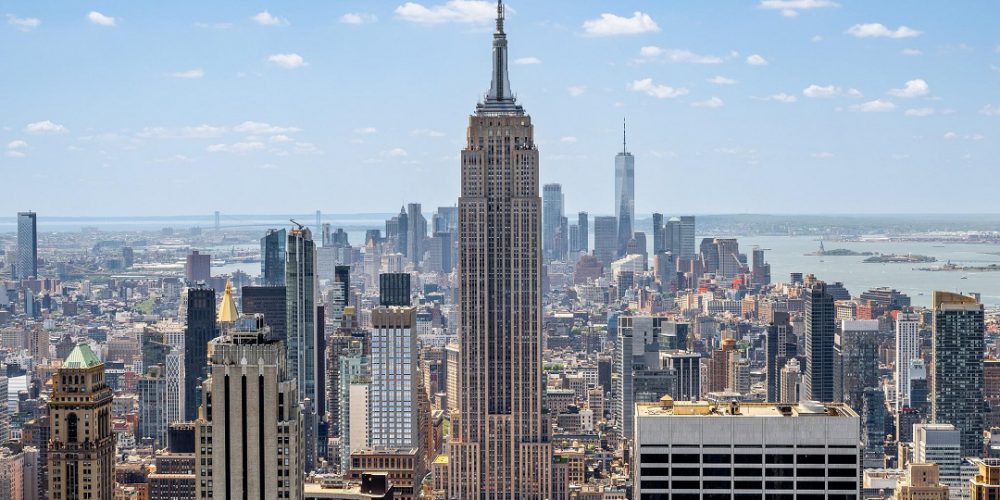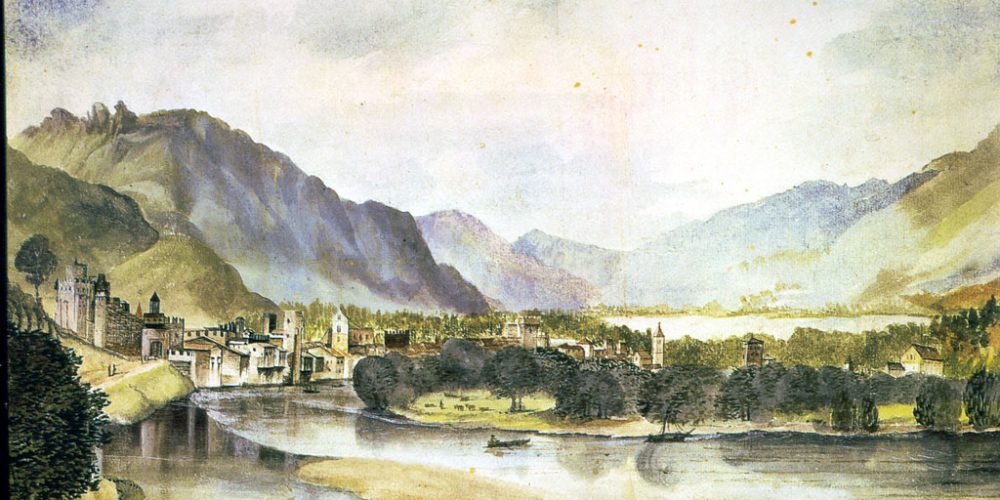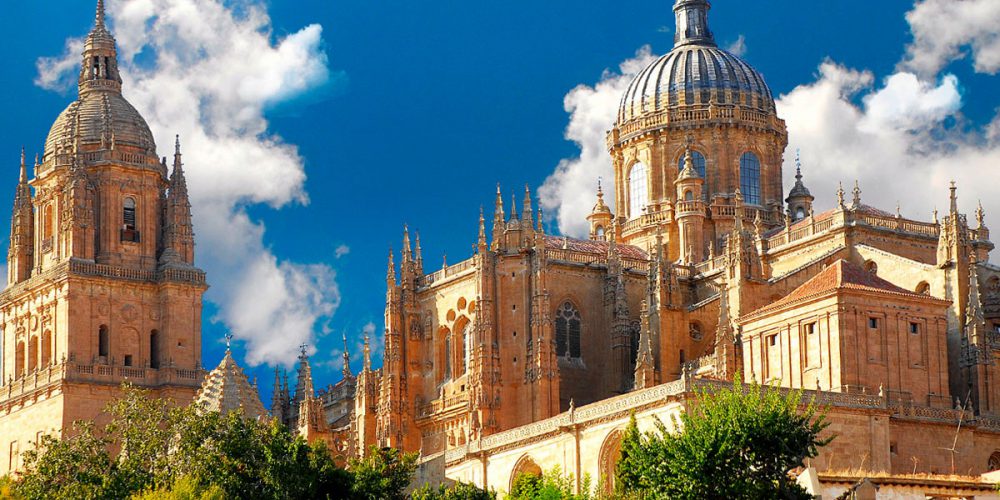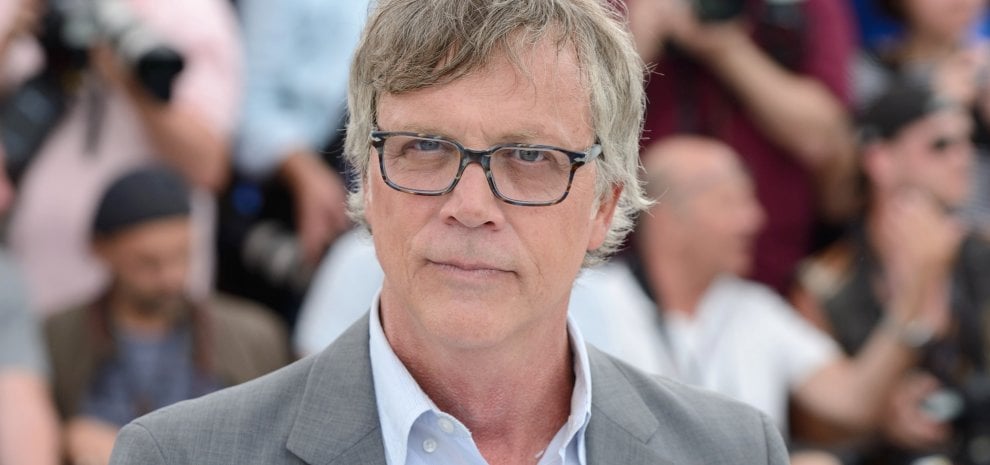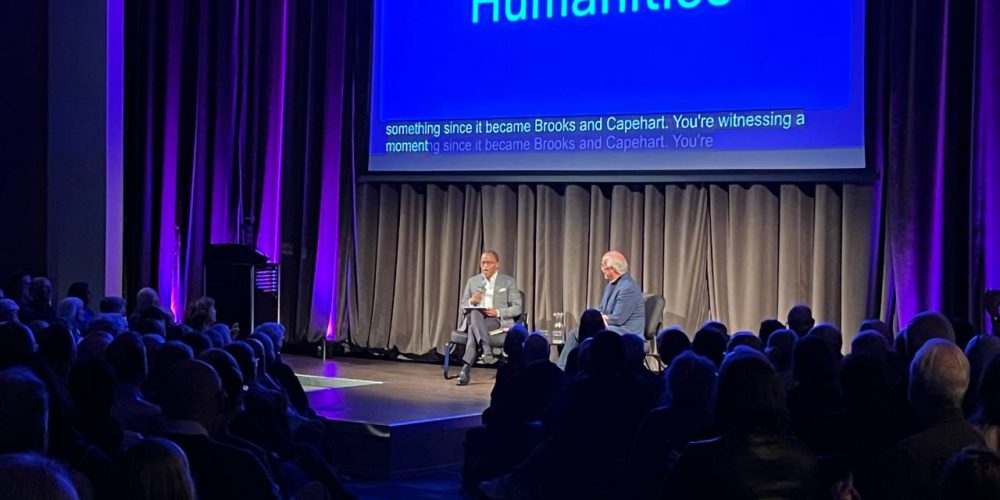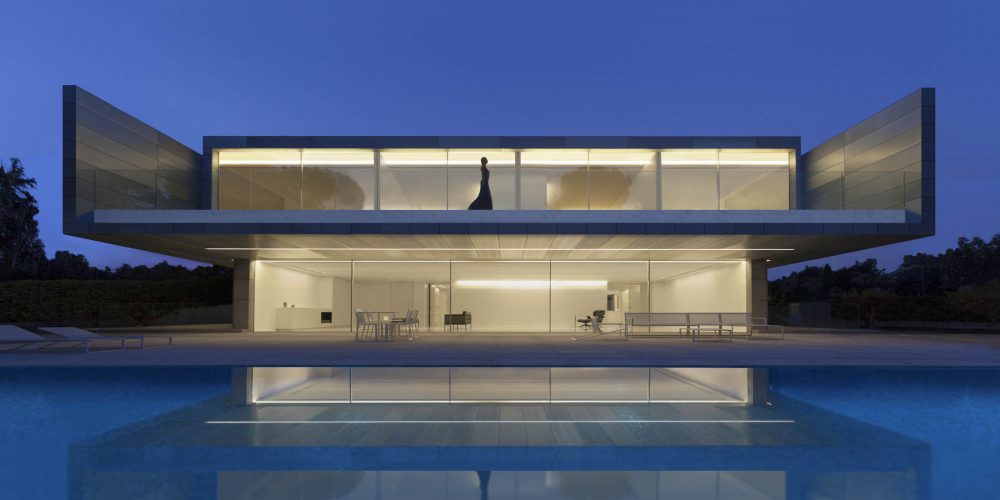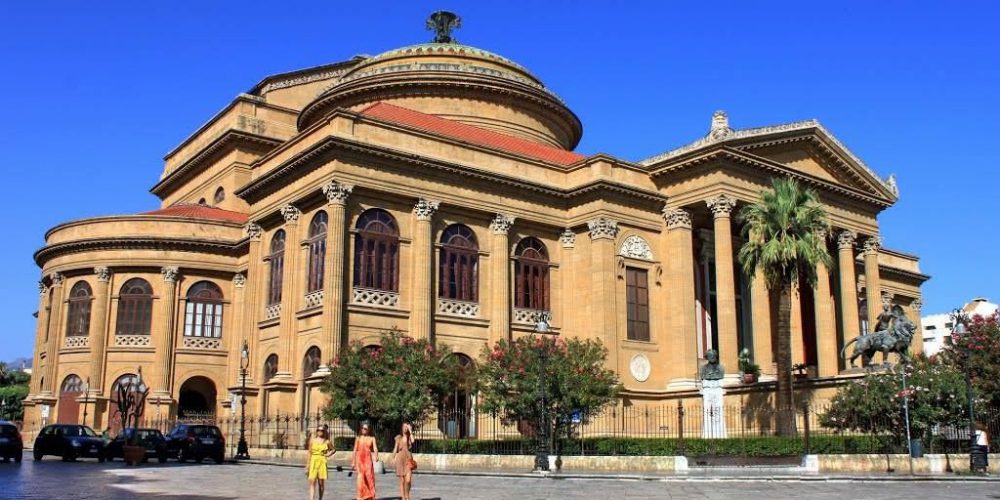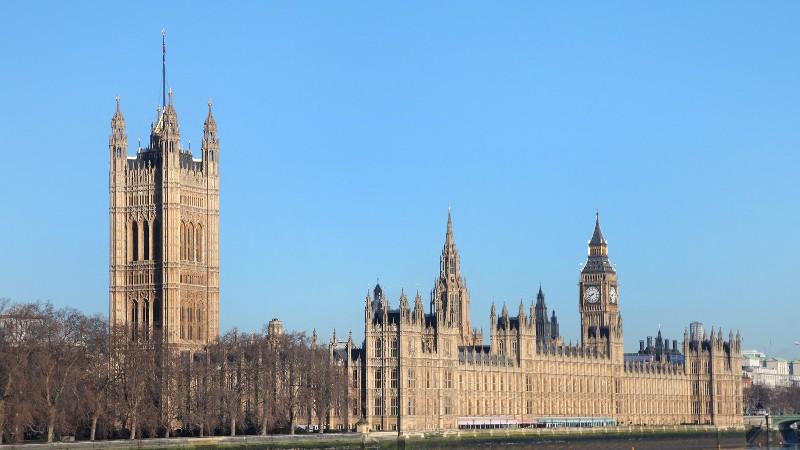The British Museum: a museum of the world for the world.
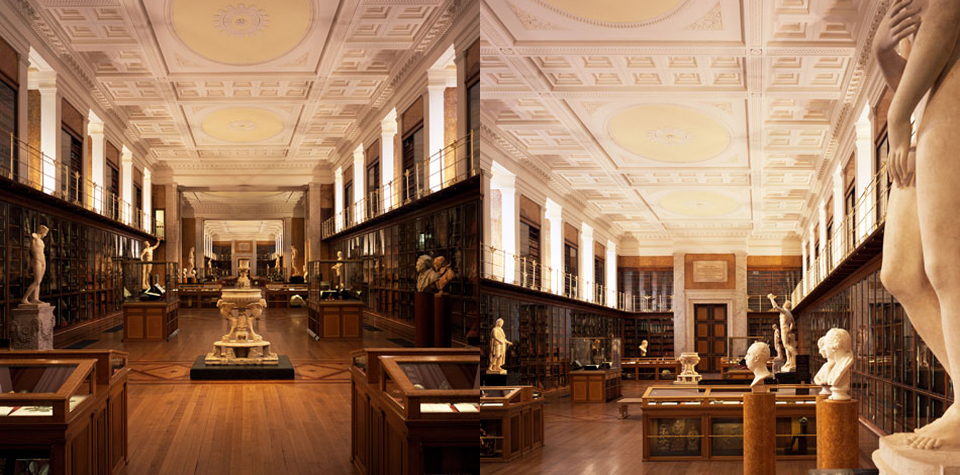
Hartwig Fischer, who took over the directorship of the British Museum from Neil MacGregor two years ago, has no decoration on the plain blue walls of his office. There are glass-fronted bookshelves. There is a desk and chairs and two enormous sash windows looking out on to the great forecourt. But there is nothing to signal Fischer’s taste. There is only a reproduction of a Cycladic figure on the fireplace, a leftover from the MacGregor years, and, on his desk lamp, a tiny figurine of Sai Baba, a spiritual master revered as a saint, which Indian friends gave him.
Instead, he says, he prefers to concentrate on the people who come through his doors – and the great treasure house of the museum. But the blankness of his working space radiates through his personal manner: he is warm and friendly, though a bit remote. He speaks softly and carefully and glides modestly around the galleries. Fischer has vast ambitions for the museum – plans that will, if they see the light of day, transform the museum for generations to come.
Fischer, 56, who came to London after running the state museums in Dresden, is aiming to put the museum, in all its shopworn grandeur, through a major renovation project that will culminate in a complete redisplay of its galleries. That doesn’t sound so remarkable until you begin to absorb the scale of the job. When journalists joke that it can’t be as big as the Palace of Westminster’s renovation, which will cost at least £3.5bn, he answers that the museum has more rooms than parliament – 3,000 versus 1,100 – and that the state of the essential services, such as electricity, gas and water are in dire need of repair, just as they are at Westminster. He has in mind something as grand and decisive as the “project grand” Louvre, which saw the building of IM Pei’s dramatic pyramids and cost between F6bn and F7bn (around £780m at 1993 prices). Or the recent renovation of the Rijksmuseum in Amsterdam, which saw the institution closed for a decade and a bill of €375m.
Unlike Amsterdam, though, Fischer says: “We cannot close the museum. It’s entirely out of the question.” The British Museum is the most visited attraction in Britain, with 5.9m visitors last year. Work will have to be phased. It will take years. As for even a vague price tag, he is not to be drawn: assessments are still being carried out. And who will pay? Clearly, there will have to be the mother of all fundraising campaigns. But Fischer carefully notes that the Louvre and the Rijksmuseum were renewed “with the support of their governments”. What Fischer hopes to achieve by the end of all this is a display that is more coherent – and more interconnected. That means reshuffling the Egyptian, Greek and Roman collections so that they are not scattered between two floors as they are at present, and also finding ways to show that, as Fischer puts it, “human history was driven and has always been driven by exchange, by cultures communicating”.
The British Museum – one of the world’s few so-called “encyclopedic museums” – as Fischer puts it, is “a museum of the world for the world”.
The museum’s job, Fischer says, is to take the long view, to observe the whole of human history. The museum has a lot to offer to help people to contemplate and reflect on what the right decisions should be without taking a direct political stance. It’s there as a space to think, reflect, debate.
Fischer was raised in Hamburg, studied in Italy and France, and has worked in Switzerland as well as Germany; his wife is a psychotherapist in Paris. It’s easy to imagine what his personal views might be. He simply says: “Whoever comes in here and crosses the threshold is not a foreigner. There are no foreigners here. This is a world country, this museum. While at the same time we recognise that this is a British creation, to which the cultures of all the world have contributed.”
The museum’s collection is inextricably entwined with Britain’s imperial past. Increasingly, nations want their objects back: not just the Greeks and the Parthenon sculptures, but others – there is a longstanding claim from Ethiopia, for example, about works of art from Maqdala.
Fischer’s answer to this is that the museum will bring a much greater sense of self-scrutiny to its displays. “The museum has to be completely open about this – that’s the first duty,” he says. “Take the history of the Rosetta stone [the trilingual inscription dating from 196BC that led to the deciphering of hieroglyphs]. In a nutshell, you have the whole intricate layering of curiosity, quest for knowledge, understanding, discovery and possession. It led to the deciphering of a language that was hitherto inaccessible, and the understanding of Egyptian culture.”
“When you go to see the Parthenon sculptures,” he says, “you can read about the different views, the conflicting views, and we respect different views.” He understands that respecting views is one thing, but keeping the objects is another. “It is a line. But what’s been created here is a major contribution to humanity. So while I respect these views, I always say what has been created here, which is open to everybody, creates an extraordinary opportunity to see cultural heritage in a context you have in only a very few places. That is the museum’s major value and it is very precious.”
Despite the museum’s status as a symbol of Britain and a repository of global knowledge, its funding from central government has stayed flat during the past decade.
One of the things he is really passionate about is a music festival he has organised; it will see everything from Ligeti and Nono to Japanese temple music performed in the museum’s galleries. “I’ve always worked with musicians in museums,” he says. “When you look at things listening, you look at things differently. The ears make you see more, and the eyes make you hear more.” What impresses him in London, he says, is his staff’s passionate sense of public mission. “You would never think about doing something in this place before asking who it is for. You would never get lost in an intricate scholarly debate without coming back to that question: ‘How is our public going to profit from this?’ And I cherish every day working in this environment.”
The music festival Europe and the World: a Symphony of Cultures, runs from 16 to 29 April. Rodin and the art of Ancient Greece runs from 26 April to 29 July.

